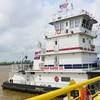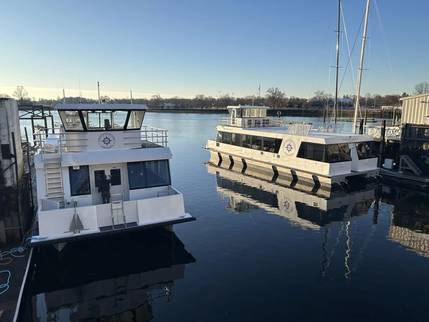The Bureau of Safety and Environmental Enforcement (BSEE) – incorporating industry innovation, best science, and best practices – is proposing to update regulations covering offshore oil and gas drilling operations to improve reliability, safety, efficiency, and environmental stewardship, and reduce unnecessary burdens on operators.
BSEE reviewed the existing regulations in response to Executive and Secretary’s Orders instructing it to identify ways to reduce unnecessary regulatory burdens while ensuring that offshore oil and gas drilling operations are conducted in a safe and environmentally responsible manner. The Proposed Blowout Preventer Systems and Well Control Rule was submitted to the Federal Register Friday, April 27, 2018 for publication next week to open the 60-day public comment period.
“Using innovation and best science to increase safety and reliability, BSEE took a careful and deliberate approach to reduce unnecessary regulatory burdens,” explained BSEE Director Scott Angelle. “These reform efforts are part of the Trump Administration’s push for smart and safe energy development. We’ll continue to work to do our job smarter and to ensure industry is exploring and operating safely.”
BSEE’s team of career engineers and regulatory specialists reviewed the rule over the past year and identified certain provisions that were overly burdensome, unclear, impractical, and have, through their implementation, required BSEE to repeatedly grant permission to utilize alternate procedures or equipment. The team also identified additional long-standing policies that could be incorporated into the regulations.
“BSEE’s approach to this regulatory reform was to make proposals that would carefully remove unnecessary burdens, while leaving critical safety provisions intact and, in fact, make drilling operations on the Outer Continental Shelf smarter and safer,” Angelle said.
In keeping with the relevant Executive and Secretary’s Orders, BSEE carefully analyzed all 342 provisions of the 2016 Well Control Final Rule, and determined that 59 of those provisions – less than 18% of the 2016 Rule – were appropriate for proposed updating and revision.
BSEE compared each of the proposed changes to the 424 recommendations arising from 26 separate reports from 14 different organizations developed in the wake of – and in response to – the Deepwater Horizon incident. This review process had the team conduct 78,440 specific analyses. The team determined that none of the proposed rule changes would ignore or contradict any of those recommendations, or would alter any provision of the 2016 Well Control Final Rule in a way that would make the result inconsistent with those recommendations.
Further, nothing in this proposed rule would alter any elements of other rules promulgated since Deepwater Horizon, including the Drilling Safety Rule (Oct. 2010), SEMS I (Oct. 2010), and SEMS II (April 2013).
“The result of this analysis is proof that our regulatory reform efforts continue to be careful, tailored, and balanced,” stated Angelle. “We have been successful in developing a solid set of proposed revisions. We look forward to the public comment dialogue and to providing America with smart regulations that ensure safe exploration for America’s energy future.”
The proposed revisions would amend the testing protocol for blowout preventers, modify capability requirements for remotely operated vehicles, remove duplicative verification requirements, and codify recent revisions to industry standards. Codification of a standard lends it the strength of an enforceable regulation. See the Fact Sheet for more information.












